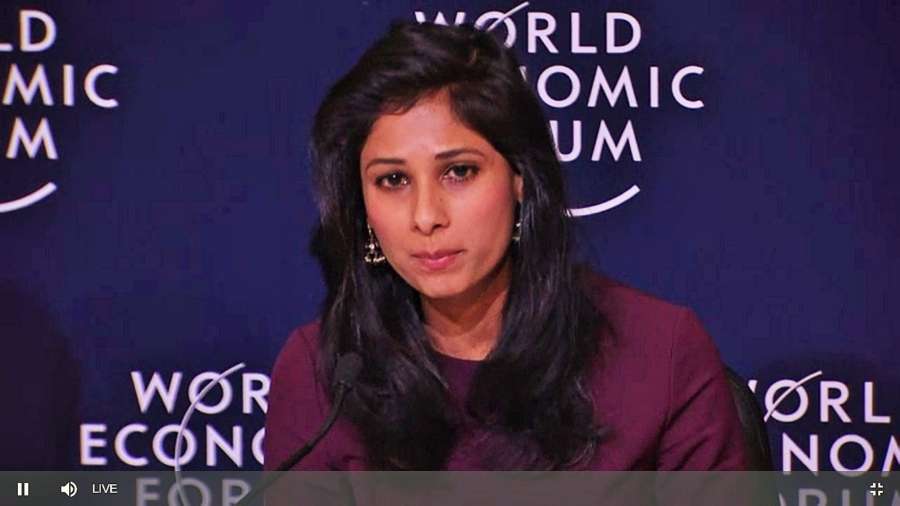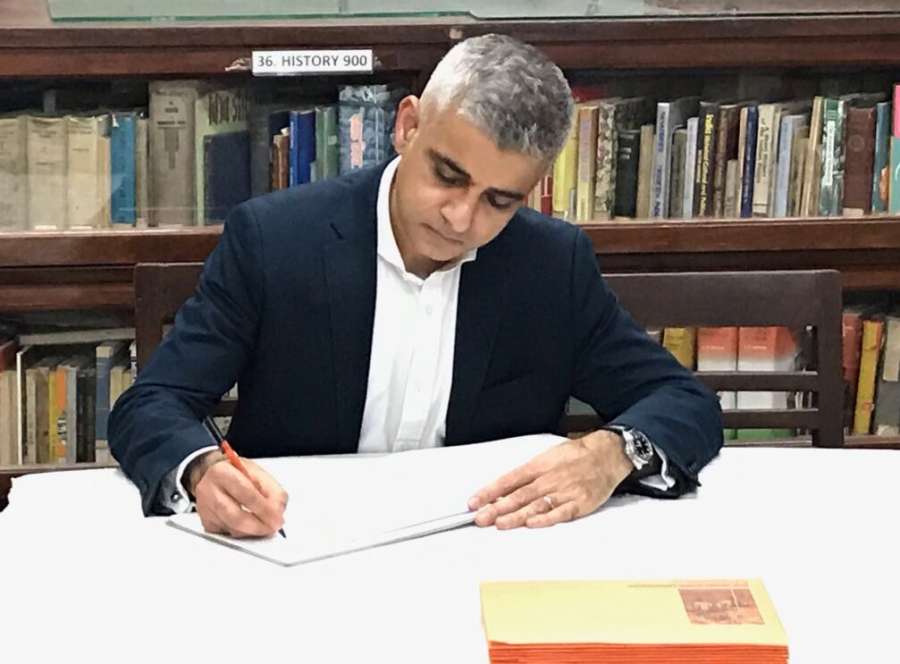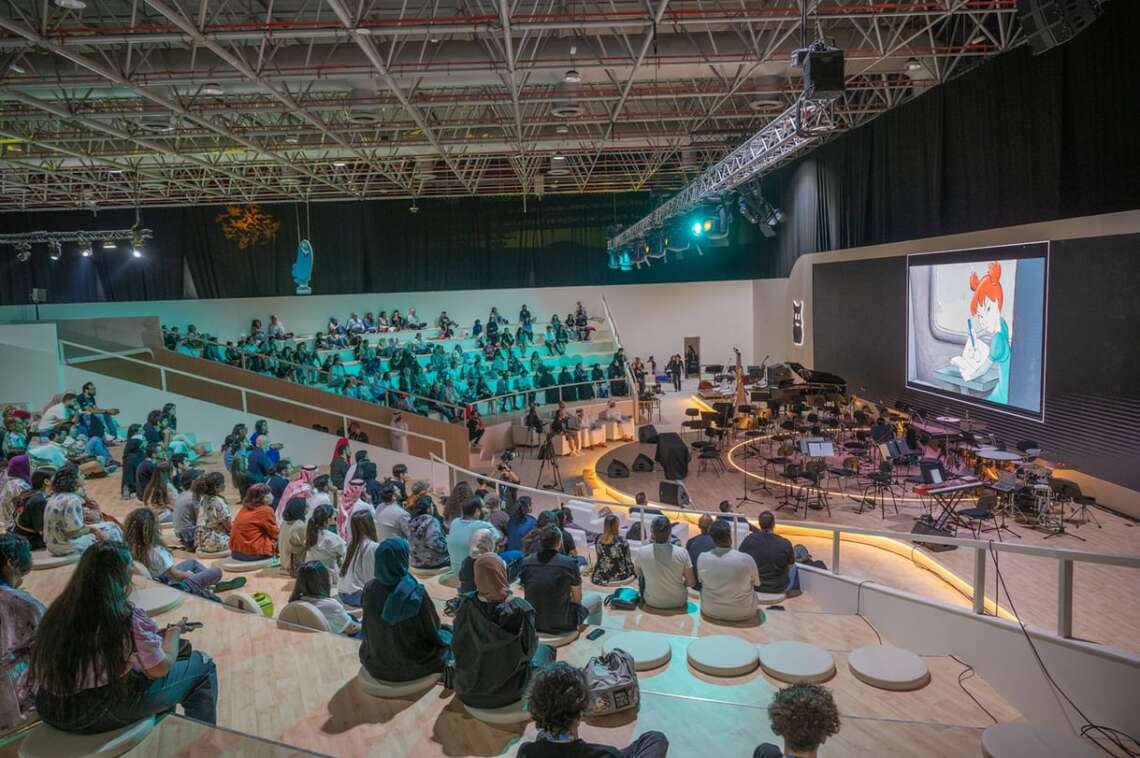The International Monetary Fund’s (IMF) World Economic Outlook Update released by Kerala-born chief economist Gita Gopinath said that India’s economy is expected to grow by 7.5 per cent in the 2019-20 fiscal year, keeping an upward trajectory as the rest of the world slumps…writes Arul Louis

India will continue to be the world’s fastest growing major economy.
The IMF’s flagship report said that India’s growth was estimated to be 7.3 per cent for the current fiscal year and forecast to rise to 7.7 per cent in 2020-21.
“India’s economy is poised to pick up in 2019, benefiting from lower oil prices and a slower pace of monetary tightening than previously expected, as inflation pressures ease,” the report said.
At the launch of the report in Davos, Switzerland, Gopinath said: “The global expansion is weakening and at a rate that is somewhat faster than expected.”
She said the update projects global growth at 3.5 per cent in 2019, a downward revision of 0.2 per cent from the October report, and 3.6 per cent in 2020, a reduction of 0.1 per cent.
“We believe the risks to more significant downward corrections are rising.”
However, she also said, “While this does not mean we are staring at a major downturn, it is important to take stock of the many rising risks.”
Gopinath, a former adviser to the Kerala government and highly regarded professor at Harvard University, took over as the chief economist of the IMF in January, becoming the first woman to hold the key post in global economic policy-making.
She blamed the trade tensions and worsening financial conditions for the bleak outlook. “Higher trade uncertainty will further dampen investment and disrupt global supply chains,” she said.
The IMF saw China’s growth slipping from 6.6 per cent last year to 6.2 per cent this year.
The World Bank’s projections published earlier this month for India’s growth in the current and next fiscal years match those of the IMF, but is lower at 7.5 per cent for 2020-21.
Besides IMF, World Bank also endorsed India’s growth. On the Indian side, the Central Statistics Office (CSO) put the current fiscal year’s growth at 7.2 per cent and the Reserve Bank at 7.4 per cent.
For 2020-21, the IMF forecast India’s growth rate at 7.7, the UN at 7.4 and the WB at 7.5 per cent.
In contrast for the world as a whole, the three organisations painted a less optimistic picture.
The IMF’s World Economic Outlook estimated the global growth for last year to be 3.7 per cent and forecast it to go down to 3.5 per cent this year and go up to 3.6 next year.
The UN’s World Economic Situation and Prospects 2019 estimated the global economy to have expanded by 3.1 per cent last year and forecast it to slow to 3 per cent for this year and the next.
The World Bank’s Global Economic Prospects estimated last year’s growth at 3 percent and forecast it to dip to 2.9 per cent this year and to 2.8 per cent in the next two years.
The UN’s report said, “Economic growth continues to be underpinned by robust private consumption, a more expansionary fiscal stance and benefits from previous reforms. But it added, “Yet, a more robust and sustained recovery of private investment remains a crucial challenge to uplifting medium-term growth.”
It expressed some concern over the size of the fiscal deficit in India, and said medium-term consolidation plans have to be undertaken.
“In India the size and composition of public budgets have been important in promoting growth, prioritizing public investments in infrastructure, subsidies and welfare payments, and the rural economy,” the report pointed out. “This will prevent any reduction of the fiscal deficit in the near term.”
All three said that China’s economy was slowing down, even though its growth rate is nearly double the global rate.
The IMF and the UN estimated China’s growth last year at 6.6 per cent. While the IMF forecast it go down to 6.2 per cent this year, the UN gave the figure of 6.3 per cent.
The World Bank estimate for the East Asian giant’s growth rate was 6.5 per cent for 2018 and 6.2 this year.








